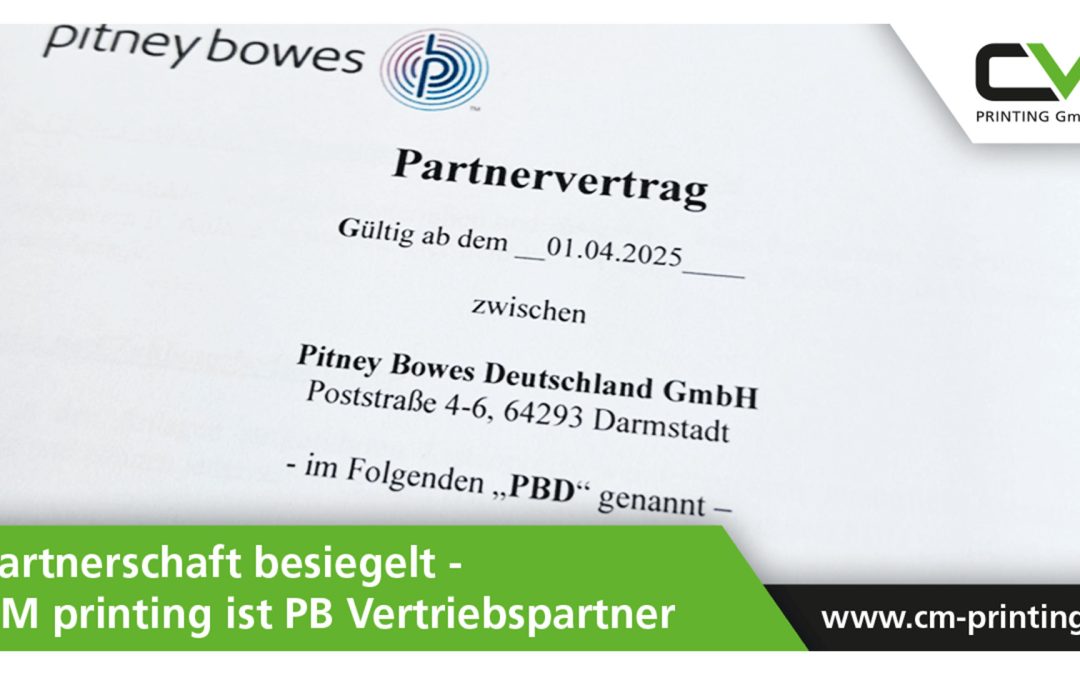Microsoft’s Universal Print service is reshaping the print management landscape, with profound implications for Managed Print Service (MPS) providers, OEMs, and the aftermarket.
When it comes to office printing, there is a time-honoured maxim: Whoever controls the printer controls the supplies. Microsoft’s latest updates to Universal Print—a cloud-based print management solution integrated with its Microsoft 365 ecosystem—may be the first step toward redefining who holds that control. With support for macOS and the introduction of pull-print functionality, Universal Print promises to simplify print management. Still, it also raises existential questions for traditional MPS providers, OEMs, and aftermarket players.
Universal Print eliminates the need for on-premises print servers and drivers, enabling organisations to manage printing through the cloud. Administrators can configure printer fleets and user permissions using the Azure Portal, while end-users benefit from a seamless, driver-free experience. Recent updates expand the platform’s reach. Universal Print now supports macOS devices running Ventura 13.1 or later, allowing native printing from Mac applications.
The second innovation, Universal Print Anywhere, introduces secure pull-printing, enabling users to release documents at any printer within an organisation by authenticating at the device. These features align with modern workplace security, sustainability, and flexibility needs. However, they also present a direct challenge to MPS providers, whose business models often hinge on managing fleets of hardware, supplies, and services.
As print volumes decline in response to digitisation and hybrid work models, the market for Managed Print Services is already under pressure. Will Universal Print accelerate this trend by commoditising key services traditionally offered by MPS providers, such as print fleet management and secure printing?
Universal Print’s simplicity and cost-effectiveness could make it an attractive alternative to MPS agreements for organisations embedded in the Microsoft ecosystem. “Universal Print removes much of the complexity that MPS providers have traditionally solved. However, if organisations can get what they need directly from Microsoft, MPS providers will have to rethink their value propositions.
For MPS providers, the path forward is clear: adapt or risk irrelevance. The rise of cloud-based services like Universal Print signals a shift in client expectations. Businesses no longer want fragmented solutions for printing, IT, and software; they demand integrated services that align with their broader digital transformation strategies.
This shift pushes MPS providers to become more like IT or Value-Added Resellers (VARs). Rather than focusing solely on print hardware and consumables, they must expand their expertise into IT integration, workflow optimisation, and cloud services.
To thrive, MPS providers will need to build cloud expertise, enabling them to deploy solutions like Universal Print while bridging Microsoft’s ecosystem with businesses’ broader IT environments. They must offer end-to-end solutions that combine print management with IT services such as device management, cybersecurity, and workflow automation.
Partnerships with cloud and software giants like Microsoft and OEMs could enable MPS providers to offer more comprehensive and integrated services. Additionally, leveraging data generated by Print and IT systems to deliver actionable insights on workflow optimisation, cost reduction, and sustainability will be a critical differentiator.
This evolution mirrors the trajectory of IT VARs, which transitioned from selling hardware to delivering managed IT and cloud services. However, for MPS providers, the challenge is not just technical but cultural—shifting from a hardware-centric mindset to becoming trusted IT advisors.
Printer OEMs, many of whom operate their own MPS divisions, are also at a crossroads. These businesses will need to align with the changing role of MPS providers or risk losing relevance. OEM collaborations with Microsoft and other cloud providers could help maintain their foothold in the market, but this approach risks further commoditising their hardware as customers prioritise software-driven solutions. OEMs may also need to rethink their MPS offerings, focusing on hybrid solutions that integrate with Universal Print while still delivering proprietary value, such as advanced analytics or sustainability features.
The aftermarket, long a thorn in the side of OEMs, also faces challenges. By simplifying print management and removing dependencies on traditional hardware ecosystems, Universal Print could weaken demand for third-party consumables. Organisations may prioritise convenience and security, reducing the appeal of aftermarket products that are often marketed as cost-effective alternatives.
Universal Print’s pull-print functionality addresses key concerns for modern workplaces, including data security and environmental impact. The service enhances confidentiality by allowing users to release print jobs only after authenticating at a printer while reducing waste from uncollected prints. Sustainability-conscious businesses may also view Universal Print as a way to streamline operations without relying on OEMs’ proprietary consumables, which are often criticised for their environmental footprint. This trend could push OEMs and aftermarket players to innovate, offering greener solutions to remain competitive.
Is this the end of MPS? Not exactly—but it may well be marking the end of MPS as we know it. The future belongs to providers who can evolve from print specialists to IT integrators, offering solutions that blend printing, workflow optimisation, and IT services. As the saying goes, whoever controls the printer controls the supplies. But in this new landscape, it’s about more than just the printer—it’s about managing the ecosystem. With Universal Print, Microsoft has by accident or design subtly signalled its intention to reshape that ecosystem, and MPS providers must now decide if they are ready to follow suit.





















